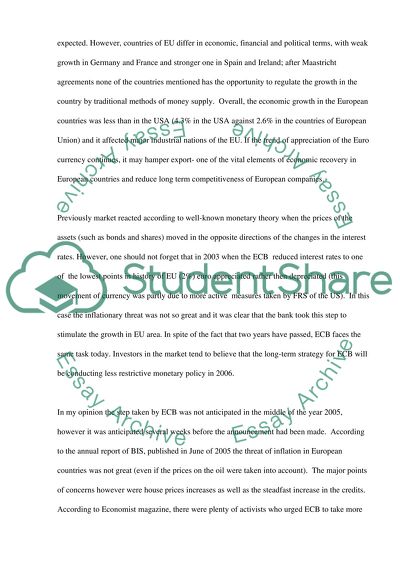Cite this document
(“The Reaction of the Markets to the Step of ECB to Raise Interest Rates Term Paper”, n.d.)
The Reaction of the Markets to the Step of ECB to Raise Interest Rates Term Paper. Retrieved from https://studentshare.org/macro-microeconomics/1515883-european-central-bank-essay
The Reaction of the Markets to the Step of ECB to Raise Interest Rates Term Paper. Retrieved from https://studentshare.org/macro-microeconomics/1515883-european-central-bank-essay
(The Reaction of the Markets to the Step of ECB to Raise Interest Rates Term Paper)
The Reaction of the Markets to the Step of ECB to Raise Interest Rates Term Paper. https://studentshare.org/macro-microeconomics/1515883-european-central-bank-essay.
The Reaction of the Markets to the Step of ECB to Raise Interest Rates Term Paper. https://studentshare.org/macro-microeconomics/1515883-european-central-bank-essay.
“The Reaction of the Markets to the Step of ECB to Raise Interest Rates Term Paper”, n.d. https://studentshare.org/macro-microeconomics/1515883-european-central-bank-essay.


